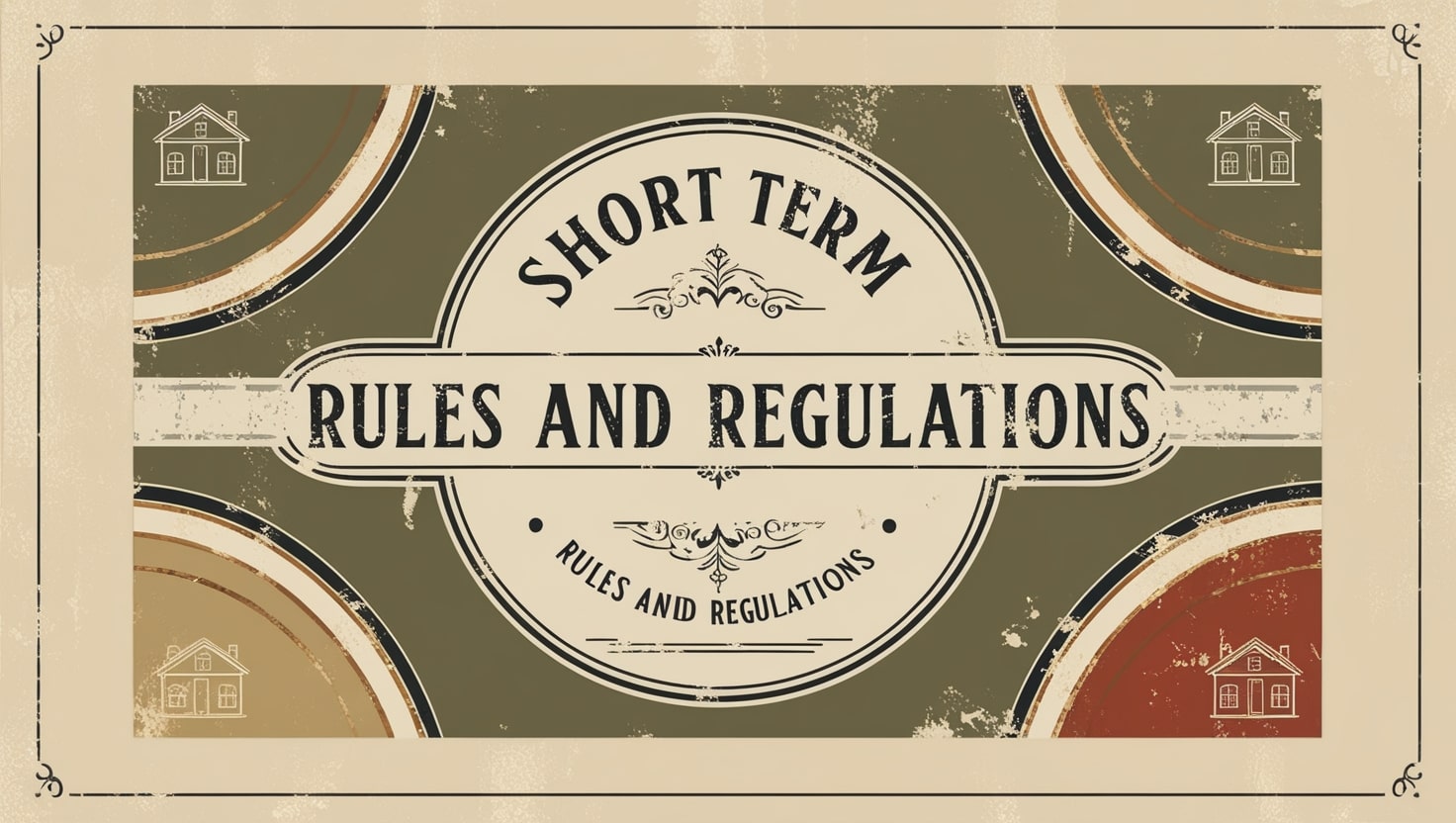Cambridge, United Kingdom Airbnb Rules & Regulations
Last updated on: 4th July, 2025


Last updated on: 4th July, 2025

Airbnb Regulations in Cambridge: A Guide for Hosts
As a potential short-term rental host in Cambridge, UK, it’s vital to familiarize yourself with local regulations to ensure a successful and compliant hosting experience. Notably, Cambridge has certain features that distinguish it from other cities like London, particularly regarding short-term rental rules.
Planning Permission: Unlike London, Cambridge does not impose a specific requirement for planning permission for short-term rentals. This means that property owners can generally rent out their properties without needing special approval, although it’s wise to check local zoning regulations that may apply.
Registration: To operate legally as a short-term rental host, you must register your property with the Cambridge Inspectional Services Department. This process involves a home inspection to validate compliance with safety standards. The registration fee is £500, which can be paid upfront or through a payment plan.
Required Documentation: To register, hosts must provide:
Taxation: Hosts in Cambridge are generally required to pay Council Tax on their properties. A tax-free allowance of up to £7,500 is available for income earned from renting rooms in a primary residence. If a property is rented out for more than 140 days per year, hosts may need to transition to paying business rates instead.
Proposed Changes: As of February 2024, new regulations may require hosts to seek permission from local authorities to operate short-term rentals, indicating a potential tightening of the existing frameworks.
Flexibility with the 90-day Rule: Currently, there is no strict 90-day limit on the number of days properties can be rented out, giving hosts more flexibility compared to areas like London.
Local Sentiment: Feedback from online host communities suggests that Cambridge's enforcement of short-term rental regulations is relatively lenient. Many hosts report being able to operate without facing significant interference from local authorities, provided they maintain amicable relationships with neighbors.
In summary, while the regulatory environment for short-term rentals in Cambridge is generally favorable and allows for significant flexibility, hosts should remain vigilant about local requirements and proposed changes. Proper registration, adherence to safety standards, and understanding tax obligations are essential for successful hosting. For personalized advice, it's advisable to consult local authorities or a legal professional.
By following these guidelines, you can embark on your journey as a short-term rental host in Cambridge with confidence and compliance.